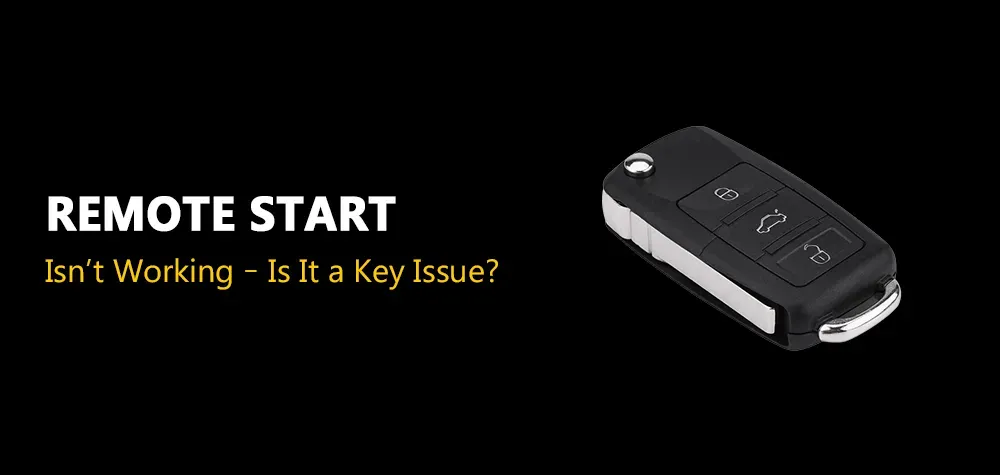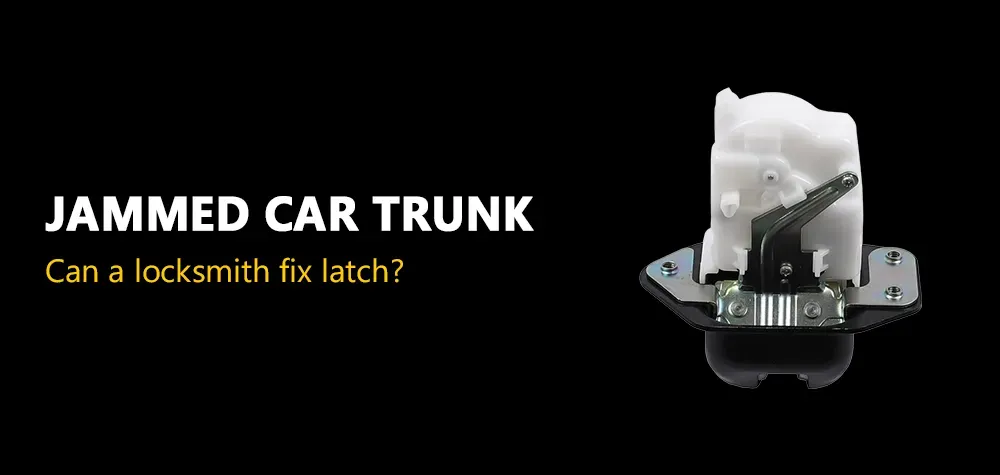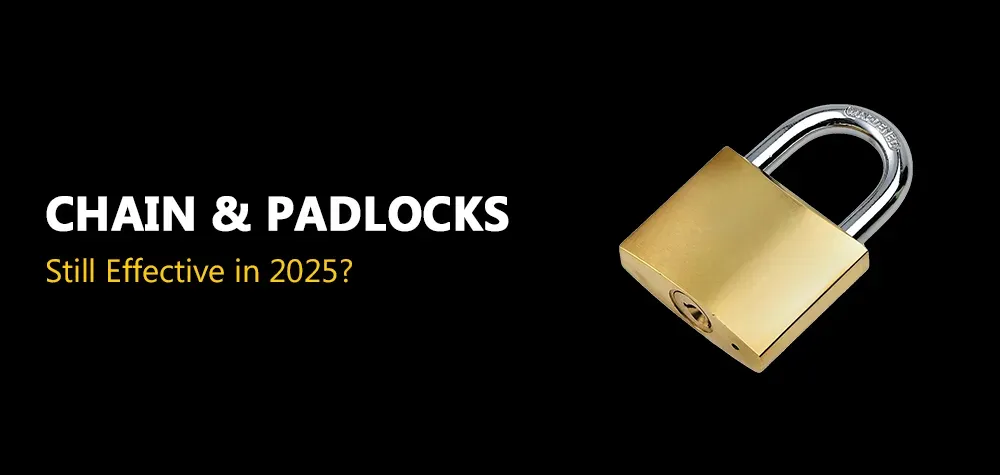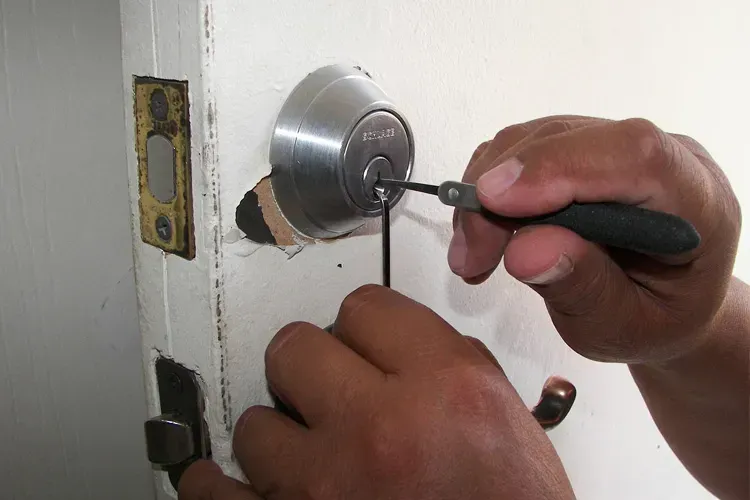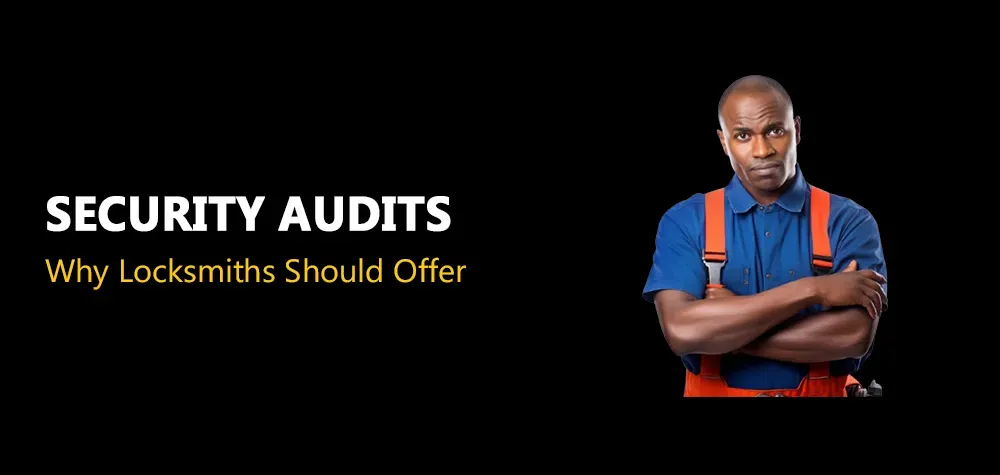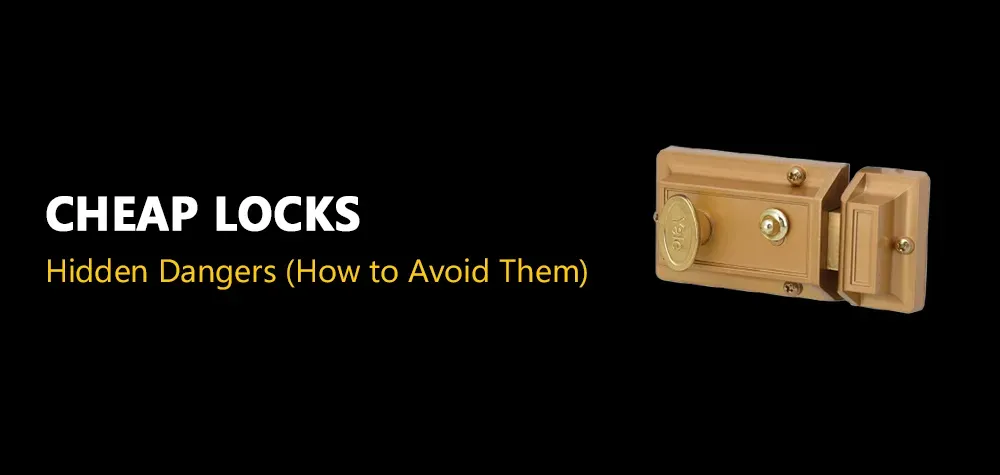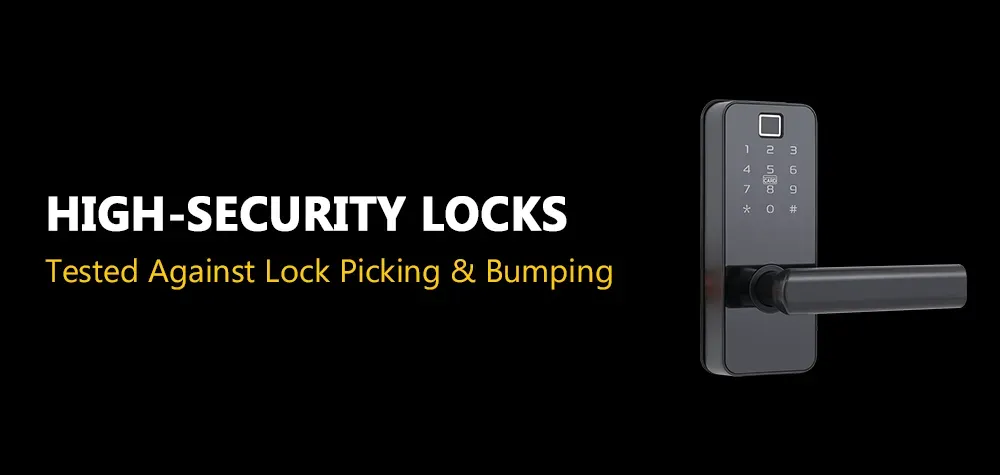How Much Does Safe Installation Cost In 2024?
Installing a safe in your home is an excellent investment for securing valuables, firearms, important documents, and more. The cost of installing a safe can vary widely based on several factors, including the type of safe, its size, lock type, and whether you opt for a professional installation or attempt it yourself. In 2024, safe installation costs have evolved, reflecting both advancements in technology and varying customer needs.
Safe Installation Cost Overview
| Price Range | Typical Cost |
|---|---|
| National Average | $505 |
| Typical Range | $247 - $783 |
| Low End | $99 |
| High End | $1,077 |
Factors Affecting Safe Installation Costs
There are multiple factors that contribute to the overall cost of installing a safe. Below, we explore each factor to provide a more in-depth understanding of what you may encounter when installing a safe in your home:
1. Type of Safe
Different safes come with varying price points, largely based on their purpose and features. Here are some common types:
| Type of Safe | Price Range | |
| Freestanding Safe | $45 - $2,000 | |
| Gun Safe | $55 - $3,000 | |
| Depository Safe | $60 - $2,500 | |
| Fireproof Safe | $50 - $2,000 | |
| Biometric Safe | $60 - $2,200 | |
| Wall Safe | $50 - $1,100+ | |
| Floor Safe | $55 - $2,000 |
2. Safe Size
Generally, the larger the safe, the higher the cost. However, the size alone does not determine the price. The specific features, such as lock type and fire rating, contribute significantly to the final cost.
3. Lock Type
Safes come with different locking mechanisms, and the type of lock you choose plays a significant role in the cost:
- Traditional Combination Lock: A classic, low-cost option.
- Electronic Keypad Lock: Popular for ease of use, but may come at a higher price.
- Biometric Lock: The most secure option, utilizing fingerprint recognition and commanding a higher price.
4. Fireproof & Waterproof Ratings
If you're safeguarding essential documents or irreplaceable valuables, investing in a safe with higher fireproof and waterproof ratings can be critical. Safes rated for longer fire and water protection tend to be pricier:
- Fire Rating: Indicates how long the safe can withstand extreme heat (typically in hours).
- Waterproof Rating: Ranges from 24-hour to 100-hour waterproof seals.
Cost of Safe Installation Services
After purchasing a safe, you’ll need to factor in the installation cost. Some safes, especially wall and floor models, require professional installation. Here’s a breakdown of potential costs:
| Installation Type | Average Cost |
|---|---|
| Locksmith | $50 - $160 per hour |
| Handyperson | $60 - $125 per hour |
| Security Professional (Installation Included) | Varies |
Professional installation ensures proper setup and enhances the security of the safe. Attempting to install a safe yourself may lead to improper installation and compromise its security.
Should You DIY or Hire a Pro?
While DIY installation may save money, hiring a professional provides several advantages:
- Guarantee of Correct Installation: Professionals ensure that the safe is properly secured.
- Expert Location Advice: They can advise on the most secure and discreet placement within your home.
- Avoiding Damage: Especially for wall or floor safes, improper installation could damage your home.
DIY Installation Considerations:
- Requires knowledge of construction and security.
- May not be ideal for larger safes.
- Risk of voiding manufacturer warranties with improper installation.
FAQs on Safe Installation
Where is the Best Place to Install a Safe in Your Home?
The best place to install a safe depends on your priorities. For protection against theft, consider a hidden location like an attic or closet. To guard against fire, a location against an outer wall is preferred. Avoid basement installations in flood-prone areas.
Where Should You Avoid Installing a Safe?
Avoid placing safes in the garage, which is easily accessible and prone to oversight. Similarly, refrain from installing safes in conspicuous areas, such as the master bedroom, where burglars are likely to look first.
How Can You Conceal a Large Safe?
For large safes, hiding them in inconspicuous locations like closets, basements, or behind large furniture pieces can be effective. Additionally, consider covering the safe with textiles or other items to obscure it from plain view.
Conclusion
Safe installation in 2024 offers a range of options depending on your security needs and budget. Whether you choose a simple freestanding safe or a high-end biometric model, it's essential to weigh your priorities, evaluate installation costs, and decide whether to hire a professional for added security and peace of mind. With careful planning and understanding of your options, you can ensure the security of your most valuable possessions.
Call Us Any Time!
